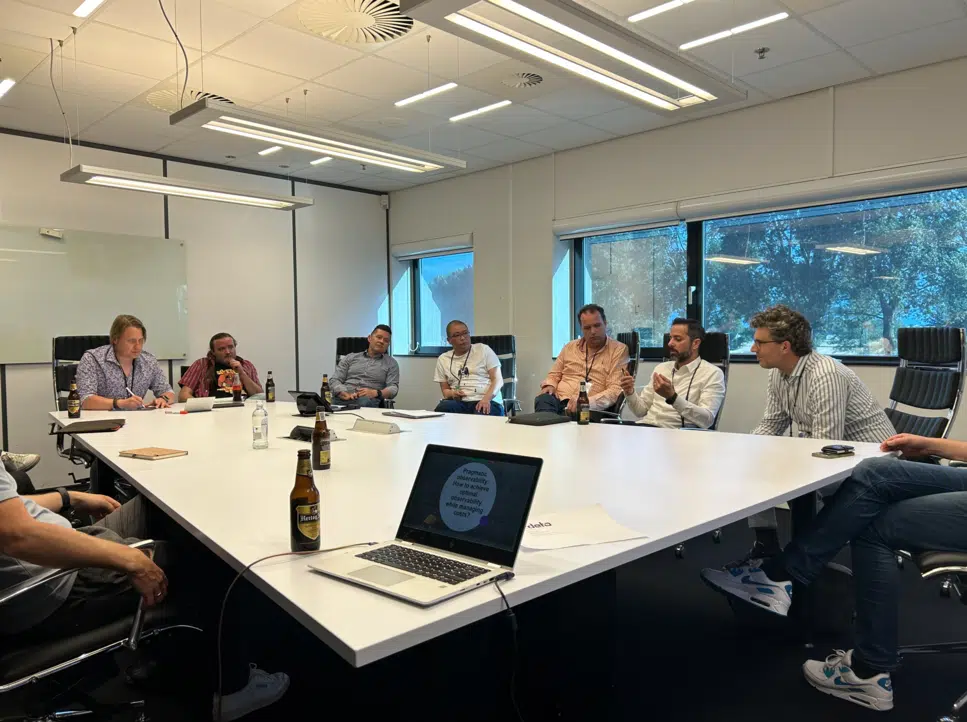After being named the UK’s best place to work earlier this year, it is understandable that Salesforce roles are in high demand. The Salesforce career path lends itself to an array of different possibilities. Essentially anyone with a bit of drive and determination can start their journey into this lucrative career path, but what’s the best way to break into the ecosystem? And what are some of the key mistakes people who are trying to progress within Salesforce make?
We explore the three main errors that might hinder Salesforce candidates from getting their dream Salesforce role and progressing in the ecosystem.
Avoiding networking opportunities
The Salesforce ecosystem has one of the best most active communities out there. As mentioned by the MVPs and thought leaders that we interview in our SalesforceQA series, the Salesforce community is not just a great place to learn, network, teach and potentially meet employment connections.
The Salesforce professionals that we speak to and work with all say the same thing about working in the ecosystem – it’s a place where the learning never stops. There is always a new piece of software in development, a new project in the pipeline, new clients to onboard – and all of these come with their challenges.
The Salesforce community is populated with forward-thinking individuals who have a wealth of technical expertise. If you are faced with a challenge, there is a good chance that someone in the ecosystem will have come up against the same problem, and will be more than willing to support you through.
Not bothering with certifications
Take advantage of Salesforce training platform, Trailhead. The platform is highly insightful, helpful and easy way to upskill in the world of Salesforce. The Trailhead platform is invaluable to you when it comes to building your Salesforce career.
The next step is getting certified. From a consultant, you can become a ‘Salesforce Certified Cloud Consultant’, data architects become ‘Certified Technical Architects’. These certifications are a great addition to your Salesforce CV and make you much more attractive to Salesforce hiring managers. Saying this, experience is still incredibly important so try to get experience where you can alongside studying for certifications. If possible, sit with the Salesforce team at work and learn from them. Or attend meetups to learn from your peers.
While thinking about becoming certified is something that you should be mindful of, this leads nicely onto the next point…
Learning ‘everything’ about Salesforce
Back in the day, there were Salesforce professionals that you could describe as ‘experts’ – these don’t exist anymore. The amount of roles, rate of change and things to learn has become astronomical.
This doesn’t mean to say that you need to pigeonhole yourself early on, learn what you can and experience different things. But eventually, find what area of Salesforce you love and focus on it. Don’t try to master everything – it just isn’t possible in today’s ever-changing world of Salesforce.
Are you a Salesforce professional looking for your next dream role? Speak with our specialist consultants to hear about the hottest jobs in the market right now.




